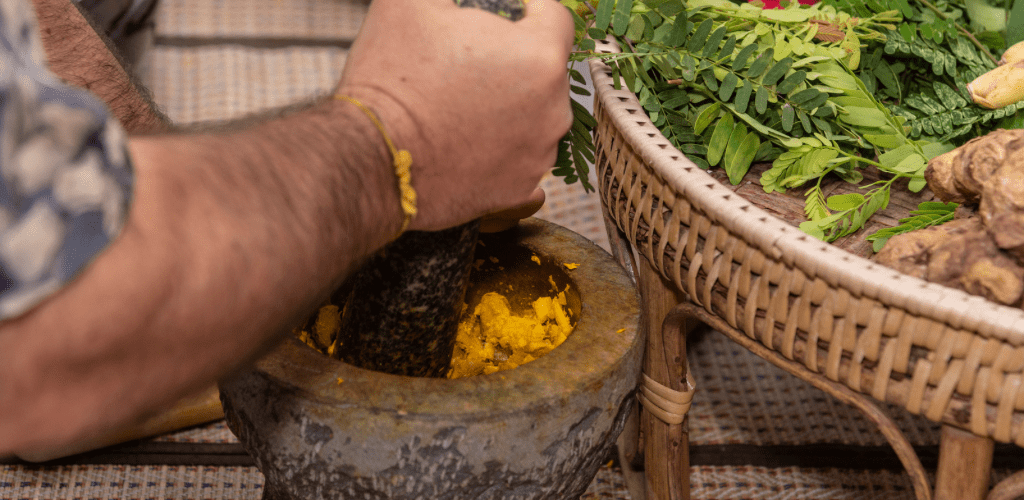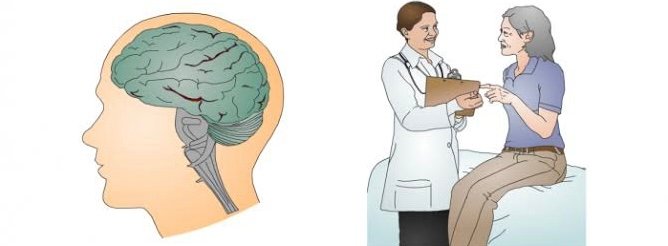
Ayurveda, a traditional system of medicine from India, approaches health holistically, considering an individual’s constitution (dosha), lifestyle, and overall well-being. While Ayurvedic medicine may offer supportive approaches for individuals with Crohn’s disease, it’s crucial to emphasize that it’s not a replacement for conventional medical treatment. Always consult with both Ayurvedic practitioners and healthcare professionals to integrate treatments effectively. Here are some Ayurvedic approaches that may be considered:

1. Dietary Recommendations:
- Ayurveda often recommends a diet tailored to an individual’s dosha, focusing on foods that are easy to digest. Cooked, warm, and well-spiced foods may be emphasized, while raw and cold foods may be limited. Specific dietary recommendations can vary based on an individual’s constitution and the state of imbalance.
2. Herbal Formula:
- Ayurvedic herbs are commonly used to address digestive issues and inflammation. Some herbs that may be considered for Crohn’s disease include turmeric, aloe vera, licorice, and Boswellia. These herbs are believed to have anti-inflammatory and healing properties.
3. Triphala:
- Triphala, a combination of three fruits (amla, haritaki, bibhitaki), is often used in Ayurveda to support digestive health. It is believed to have detoxifying and mild laxative effects, promoting bowel regularity.
4. Ghee (Clarified Butter):
- Ghee is considered beneficial in Ayurveda for its digestive and soothing properties. It may be incorporated into the diet in moderation, especially if digestive strength is compromised.
5. Ayurvedic Detoxification (Panchakarma):
- Panchakarma therapies, including Virechana (therapeutic purgation) or Basti (medicated enema), may be considered to remove toxins from the body. These detoxification procedures are typically performed under the guidance of a qualified Ayurvedic practitioner.
6. Lifestyle Modifications:
- Ayurveda emphasizes maintaining a balanced lifestyle, including regular sleep, exercise, and adherence to a daily routine. These lifestyle factors are considered crucial for maintaining harmony within the body.
It’s vital to consult with both an Ayurvedic practitioner and a healthcare professional to create a well-coordinated approach to managing Crohn’s disease.
Ayurvedic treatments should complement conventional medical care and not replace it, especially in the case of a chronic and complex condition like Crohn’s disease.




